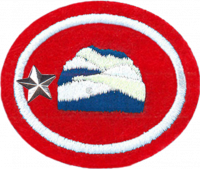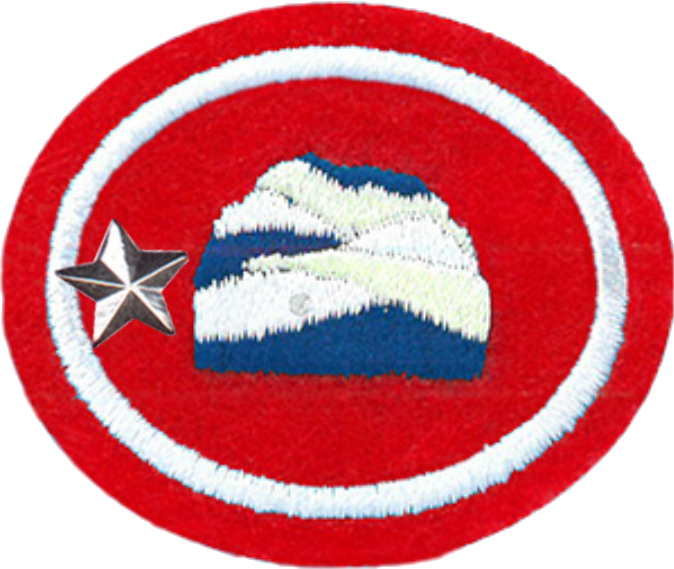Difference between revisions of "AY Honors/Soap Making - Advanced/Requirements/en"
(Updating to match new version of source page) |
(Updating to match new version of source page) |
||
| (One intermediate revision by the same user not shown) | |||
| Line 1: | Line 1: | ||
{{HonorSubpage}} | {{HonorSubpage}} | ||
| − | <section begin=Body /> | + | <section begin=Body /> |
<b>1. <section begin=req1 /><noinclude></noinclude>Have the Soap Making honor. | <b>1. <section begin=req1 /><noinclude></noinclude>Have the Soap Making honor. | ||
| Line 92: | Line 92: | ||
<noinclude></noinclude><section end=req14c /></b> | <noinclude></noinclude><section end=req14c /></b> | ||
<section end=Body /> | <section end=Body /> | ||
| − | |||
| − | |||
| − | |||
| − | |||
Latest revision as of 14:24, 2 January 2023
Skill Level
3
Year
2018
Version
05.02.2026
Approval authority
North American Division
1. Have the Soap Making honor.
2. Review and list the basic safety equipment needed to make soap.
3. What is a lye calculator? What is the benefit to using it?
4. What is the average percentage of water needed in soap making?
5. What is a water discount and why would you water discount a soap recipe?
6. What is the purpose of adding stearic acid, sodium lactate, salt, or sugar to soap?
7. Demonstrate how to use a lye calculator when making soap. Note unit of measure used, the type of lye used, the oil used, and saponification value of the oil used.
8. Design your own soap recipe using a soap recipe calculator and then make it in a small test batch size of no more than 18 oz. of oil weight, and pour it into a 4” square mold or 6” slab mold. Make notes about the following:
- a. At what temperature did you “soap” at?
- b. Did you use a water discount? If so, how much of a discount was used?
- c. What design techniques did you incorporate into your soap?
- d. What did you add to it, such as fragrance, color, additives?
- e. How long did your soap stay in the mold before unmolding and cutting?
- f. How did your soap turn out?
- g. Would you use this recipe again? If not, why? What would you do different?
9. Make soap. Incorporate color and/or fragrance, and design techniques (such as simple swirl, layering, funnel pour, faux funnel pour, slant pour, in the pot swirl, imbeds, zebra swirl, spin swirl, hanger swirl) in two of these processes:
- a. Cold process (CP)
- b. Hot process (HP)
- c. Cold Process Oven Process method
10. Make liquid soap.
11. Test your soap for pH. At what level should your soap be before gifting or sale?
12. Learn and demonstrate how to package soap product for sale or gifting. Including proper labeling.
13. Determine what a product should be priced to:
- a. Break even
- b. Make a profit
14. Do one of the following:
- a. Sell your soap at a flea market, farmers market, or similar venue.
- b. Teach the Soap Craft and Soap Craft Advanced honor.
- c. Make a video, write a short play, or create something with soap that depicts how soap and/or cleanliness relate to our spiritual life. Present this to your youth/Pathfinder group or at a Conference Camporee.


